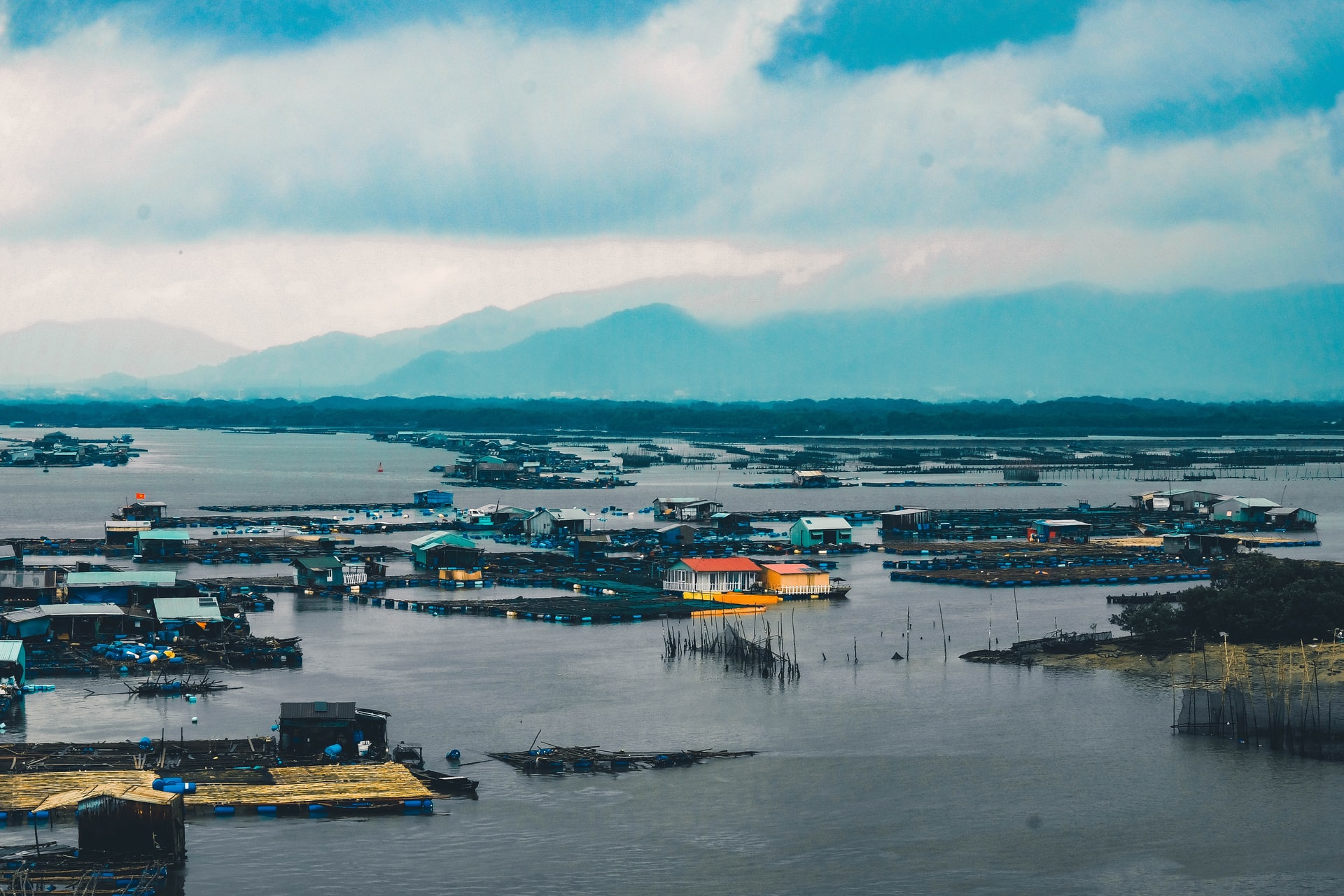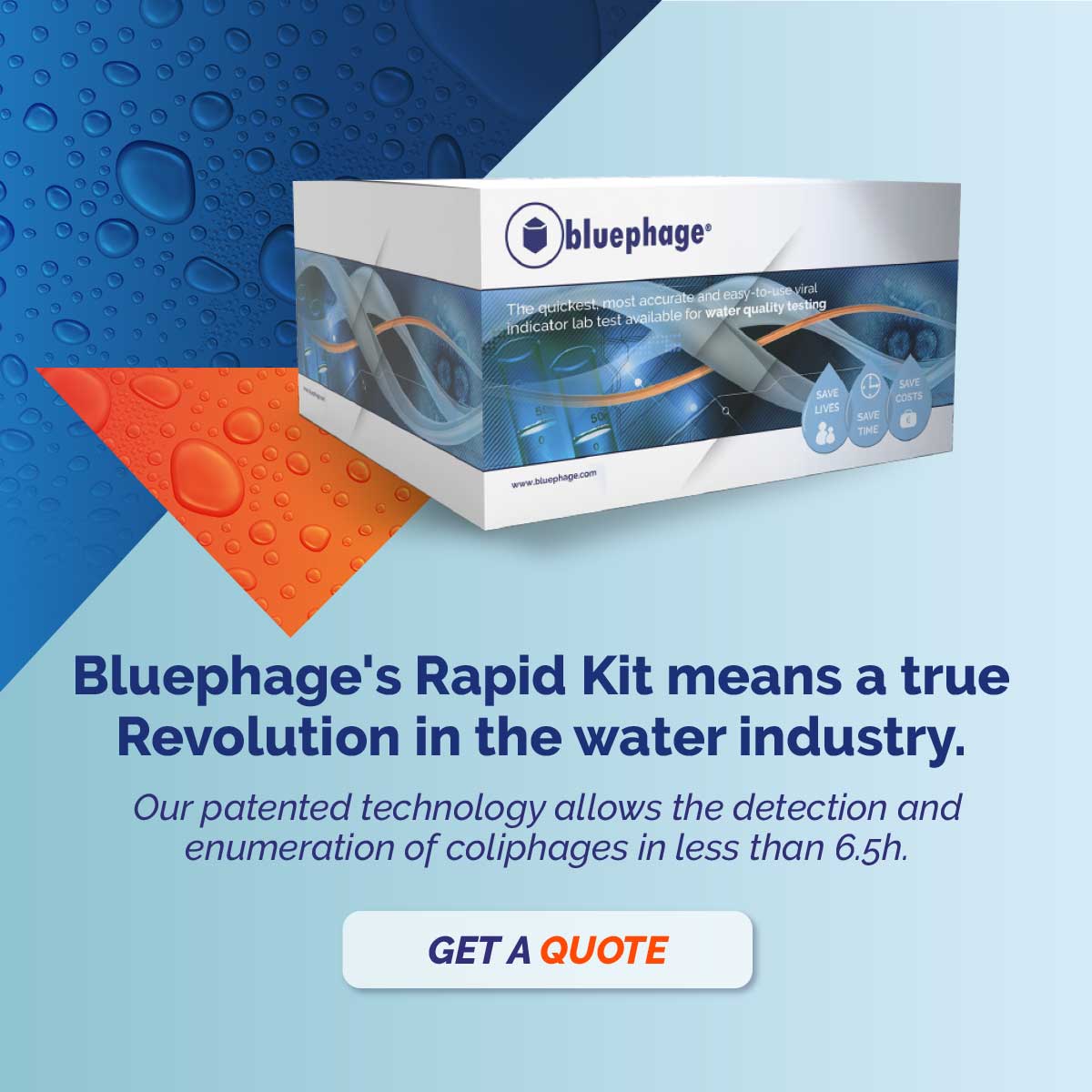BLOG | Bluephage
Adaptation measures to address water pollution from anthropogenic activities

Climate change is an unstoppable reality due to anthropogenic activities and overpopulation. The consequences of climate change include increased pollution and scarcity of vital resources such as water.
Bluephage offers adaptive measures to quickly and effectively warn of viral contamination of water, a fact accentuated in countries where sanitation systems are not properly managed.
The FAO report on “The State of the World’s Land and Water Resources for Food and Agriculture” 2021 specifies that the global water budget is under pressure. “Internal renewable water resources (IRWR) from rivers and aquifers amount to 44,000 km3/year, and withdrawals (all sectors) exceed 4,000 km3/year, almost 10% of IRWR. Local impacts of physical water scarcity and freshwater pollution are spreading and accelerating. In many cases, declining groundwater levels are the first sign of scarcity from increased withdrawals.”
Water stress is high in all basins as intensive irrigated agriculture and densely populated cities compete for water, especially when available freshwater resources are scarce due to climatic conditions. Agriculture contributes significantly to water stress due to high levels of water abstraction for use.
Extreme flooding
Climate change predicts an increase in the intensity and amount of intense precipitation. More intense rainfall increases the risk of landslides, extreme erosion, and flash floods, which can lead to severe biological water pollution, especially in areas where open defecation and sanitation systems are not well managed or near livestock farms fecal waste management may be overwhelmed by flooding.


Water pollution from agriculture
Water pollution is a growing global crisis affecting health, economic development, and food security. Although other anthropogenic activities such as urbanization and industry are major contributors, agriculture has become the dominant source of pollution in many countries. As a result, water quality degradation is a significant threat to food security and food safety.
According to FAO, an estimated 2,250 km3/year of effluents are discharged into the environment, 330 km3/year as urban wastewater, 660 km3/year as industrial wastewater (including cooling water), and 1,260 km3/year as agricultural drainage.
Considering these data, it is imperative to adopt measures for water recycling and, therefore, the accurate monitoring of viral contamination that may be contained in the water resource used for agricultural purposes.
Bluephage offers rapid, ready-to-use kits that can provide information on fecal and viral water contamination within 6 hours, a technological breakthrough that will benefit the agricultural sector and strengthen food security.


